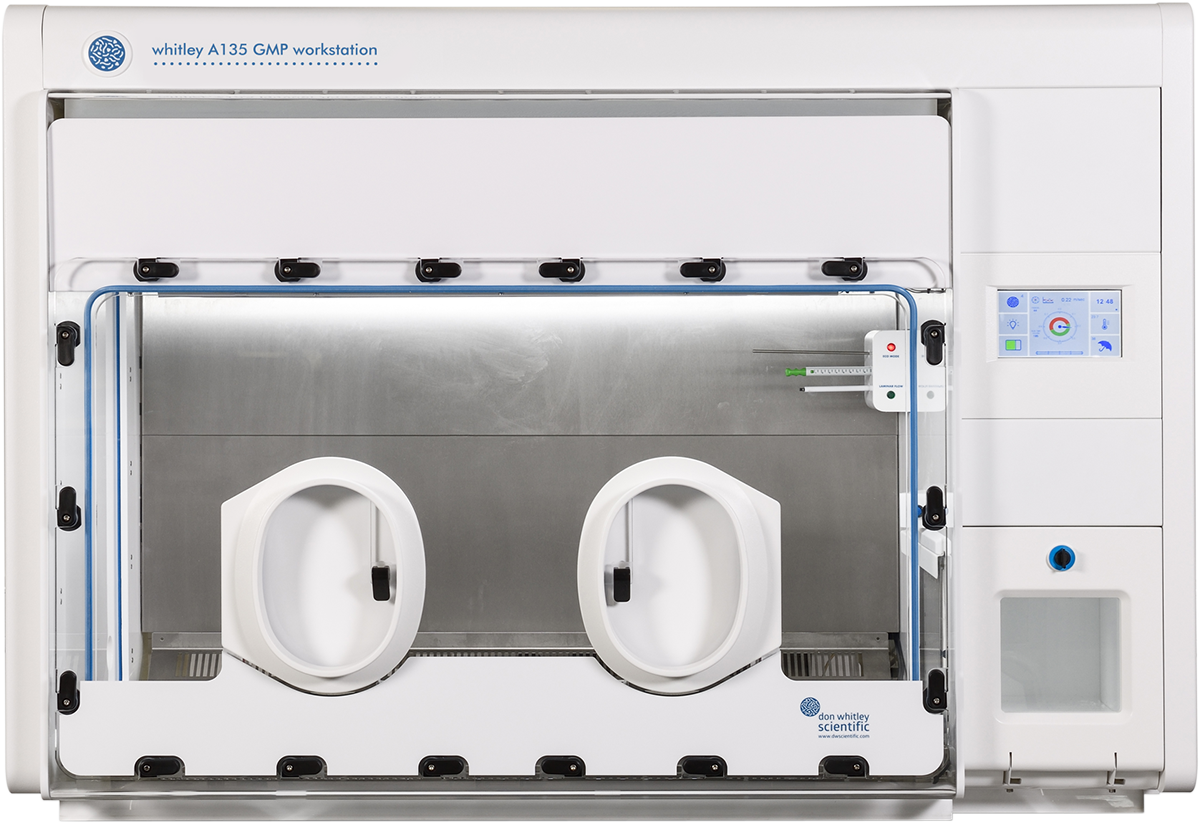
The aetiology of type 2 diabetes (T2D) is more complex than that of type 1 diabetes but is generally defined as a chronic metabolic disorder and is characterized by hyperglycaemia, pancreatic insulin resistance and β-cell dysfunction with a high prevalence amongst obese patients [1]. Research is ongoing to further identify triggers or causes that might be targeted to aid prevention and progression of the disease. There is already evidence of a link between T2D onset and the gut microbiome. Further work in this area has demonstrated that the pumpkin polysaccharide can change the composition of the gut microbiota and reduce the effects of diabetes [2].
Pumpkin is rich in fermentable oligosaccharides and polysaccharides. Pumpkin polysaccharide is a heteropolysaccharide, composed of six monosaccharides, and has been shown to enrich key species within the gut microbiota and increase bacterial production of short-chain fatty acids (SCFA); these effects are associated with a reduction in T2D severity [2]. The effects include improved insulin tolerance and decreased levels of serum glucose (GLU), total cholesterol (TC) and low-density lipoprotein (LDL-C). High-density lipoprotein (HDL-C) [2] was increased. Bacteriological effects also included selective enrichment of species within the taxonomic groups Bacteroidetes, Veillonellaceae, Prevotella, Deltaproteobacteria, Oscillospira, Phascolarctobacterium, Sutterella, and Bilophila [1].
Other studies have demonstrated similar effects using prebiotics from acorn, quinoa, sunflower, pumpkin, and sago seeds, which can prevent high fat diet-induced insulin resistance via modulation of the microbiome-gut-brain axis [3]. A further study used feruloylated oligosaccharides and ferulic acid (from maize bran) to influence the composition and metabolism of the gut microbiome, which also alleviated T2D [4].
Such research provides insights into the anti-diabetes effect of “functional foods” and could facilitate the development of dietary supplements for diabetes patients.
If you are interested in gut microbiome research, you can view a recording of the Microbiome Webinar hosted earlier in the year by DWS. Sign up for the more specialised FMT Webinar in November or simply browse our great range of GMP compliant Workstations that can be used to facilitate studies within this application.
For further information email us on: sales@dwscientific.co.uk

References:
- Jasvinder Singh Bhatti, Abhishek Sehrawat, Jayapriya Mishra, Inderpal Singh Sidhu, Umashanker Navik, Naina Khullar, Shashank Kumar, Gurjit Kaur Bhatti, P. Hemachandra Reddy (2022) Oxidative stress in the pathophysiology of type 2 diabetes and related complications: Current therapeutics strategies and future perspectives. Free Radical Biology and Medicine Volume 184
- Liu G, Liang L, Yu G, Li Q. (2018) Pumpkin polysaccharide modifies the gut microbiota during alleviation of type 2 diabetes in rats. International Journal of Biological Macromolecules. 2018;115:711-717.
- Ahmadi S, Nagpal R, Wang S, Gagliano J, Kitzman D, Soleimanian-Zad S et al. Prebiotics from acorn and sago prevent high-fat-diet-induced insulin resistance via microbiome–gut–brain axis modulation. The Journal of Nutritional Biochemistry. 2019;67:1-13.
- Song Y, Wu M, Tao G, Lu M, Lin J, Huang J. Feruloylated oligosaccharides and ferulic acid alter gut microbiome to alleviate diabetic syndrome. Food Research International. 2020;137:109410.


 en
en

 xEnglish
xEnglish